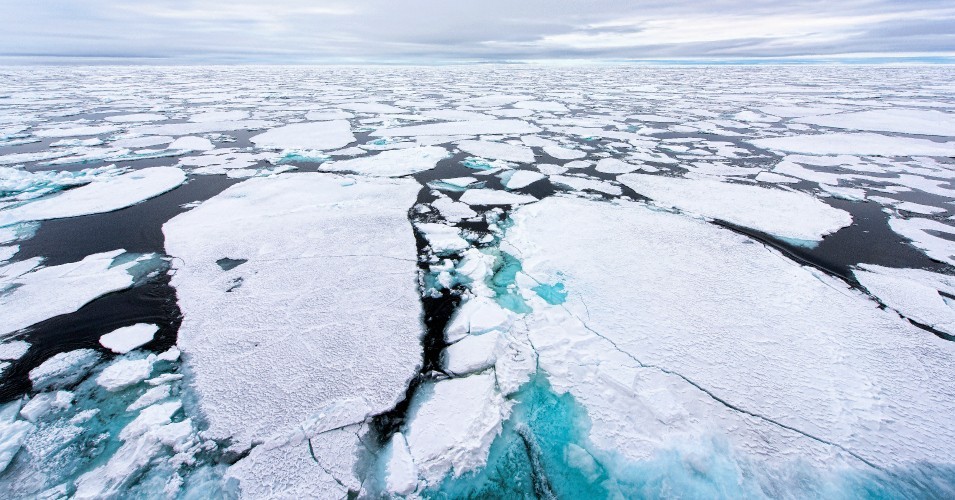CLIMATE AND ENERGY - CONCEPT NOTE AND WORKSHOPS
October 6, 2016
Draft CONCEPT NOTE for CLIMATE and ENERGY
Asia Europe Peoples Forum, Ulaanbaatar, Mongolia, July 4-6, 2016
The climate crisis has already reached the level of a planetary emergency. At nearly one-degree Celsius increase of the global average temperature since pre-industrialization – climate change has already been causing massive loss, destruction and destabilization of ecosystems and communities all over the world but most especially in the South.
Several years ago, climate justice movements were calling for urgent actions that would keep temperature rise to below one degree Celsius. Many scientists are now saying that this is no longer physically possible. They say there is still a chance to stabilize the earth’s temperature to below 1.5 degrees Celsius but this will require huge changes and achieving very high targets in the short term.
The Paris Climate Agreement forged last December 2015 stipulates this 1.5 degrees Celsius limit as the aspirational goal of all parties to the agreement. This is being hailed as an important achievement – as indeed this is the most ambitious goal every agreed to by governments. However, the concrete mitigation targets submitted by governments that form a major part of the Paris Agreement fall very short of this 1.5 degree goal. The collective impact of these national targets condemn the world to a 3-degree rise in global temperatures.
More than every, addressing climate change urgently requires peoples movements to intensify, scale up and escalate all efforts for a comprehensive transformation of the global capitalist system which gave rise to this crisis. Such efforts must also aim for concrete short term and medium term victories. What the world will do in the next 5 to 12 years will determine whether the 1.5 degree limit will still be possible, whether we will still have a chance to prevent climate catastrophe.
A crucial sector where major changes should take place immediately and where complete transformation should be completed the in the soonest possible time is Energy.
Many communities and movements in Asia and in Europe are fighting long-standing battles to stop dirty energy and harmful projects. Others are engaged in resisting privatization and corporatization of energy services and fighting for peoples’ right to energy for their basic needs. And increasingly, movements across these energy issues are uniting around calling for the transition to renewable, efficient and democratic energy alternatives for people and communities – as swiftly as possible in a just manner that ensures that workers and communities are not displaced and dislocated — as all are being made aware of the urgency of addressing climate change. Studies indicate that if we are to keep temperature rise to below 1.5 or even 2 degrees – there is just a fixed amount of carbon the world can still emit which requires that most of the current fossil fuel reserves should be kept in the ground.
A dangerous response to the climate crisis is the promotion of false solutions. The danger stems from the following 1) these solutions do not represent real or reliable results 2) these solution become an excuse or a substitute for taking real effective actions 3) these solutions carry other dangers and other harmful impacts on people and the environment 4) these solutions exacerbate inequality and make it possible for elites and corporations to gain profit from climate change and its impacts.
The sessions on Climate and Energy at the AEPF will involve an exchange of information, analysis and perspectives on the Climate Crisis and transformation of Energy Sytems.
There will be three sessions.
Session One:
- The current state of play in the climate front and the requirements for stabilizing the earth’s temperature at the safest level still possible — below 1.5 degrees –
- What these mean for the transformation of energy systems
Session Two
- The current energy situation in Asia and Europe
- What movements are doing for energy transformation – resisting dirty energy and breaking free from fossil fuels, opposing false solutions, working for swift and just transition to renewable energy systems for communities and people
Session Three
- Exploring and developing concrete joint strategies and strengthening joint actions in the next months and years
Note: The Thematic Cluster ‘Climate Justice – Towards Sustainable Energy Production and Use’ is being coordinated by Rivers Without Boundaries (Mongolia), Asian People’s Movement on Debt and Development, Indian Social Action Forum (INSAF), and Transnational Institute (The Netherlands).



